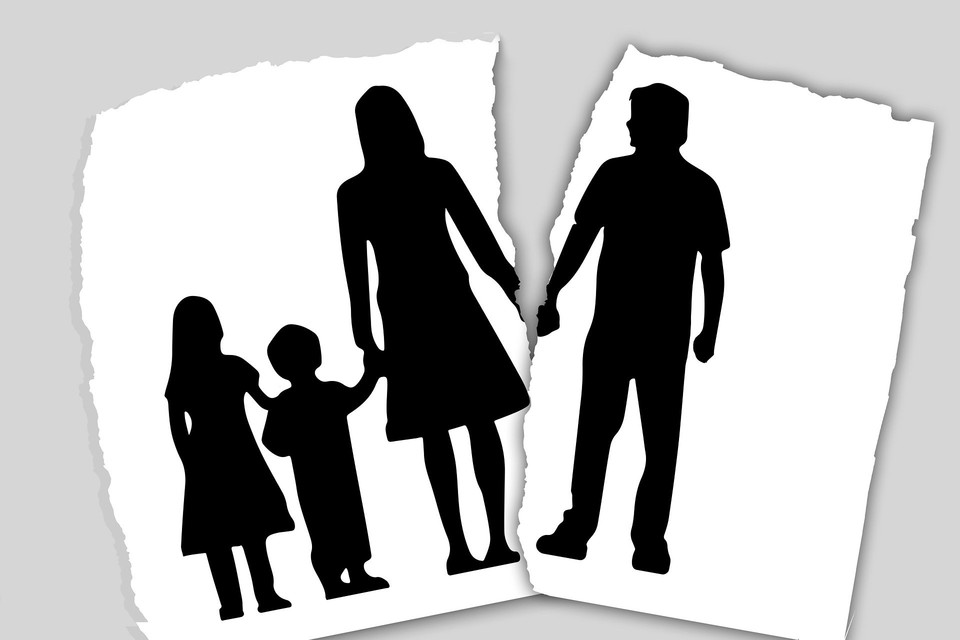Many married Korean men visited their parents alone on the Lunar New Year’s Day last Friday, leaving their wives and children behind. It was because the government banned the private gatherings of five or more people amid the protracted pandemic.
Covid-19 has changed not only the way Koreans spend traditional holidays, but many other things as well – including divorce rate -- and the two are interconnected.
According to Statistics Korea, 97,331 couples split up from January to November last year. Compared to the same period in 2019, the number of divorces declined by 4,331, or 4.3 percent.

This drop was the steepest since 2015, when the comparable rate fell by 6 percent and the lowest since 2017 when 97,198 couples broke up their marriages.
That came in sharp contrast to the international trend.
In most other countries, including the U.S. and Europe, divorce rates have risen, resulting from economic difficulties and longer time staying home. According to Stewarts, a British law firm, filing for divorce rose 122 percent from July to October last year, compared to the same period of 2019.
It has given rise to a new term, “Covidivorce (Covid+divorce),” which explains the sudden increase in couples going separate because of Covid-19. Korea is an exception, however.
Officials cite several reasons for the drop in Korean divorce rates.
For one, some say that the decrease in family gatherings has led the divorce rate to drop. One of the main reasons for splitting up in Korea was conflicts between married women and their mothers-in-law and other members of their husbands’ families.
According to the government statistical agency, March to May is when couples file for divorce frequently. It is because the couples have fights during and after the Lunar New Year’s Day, or Seollal, and their relationship hit rock bottom, leading to divorces after a few months. Last year, however, the traditional holidays, including Chuseok (Korean Thanksgiving Day), did not increase the divorce rate.
Others presumed the pandemic has made divorces hard due to economic difficulties, mainly on the part of wives, making them endure the conflicts and postpone the split.
Other government data showed that the number of male workers fell by 2.5 percent last year, but that of female workers fell by 5.2 percent last year, indicating that the pandemic had a greater impact on women.
Another reason was the strict social distancing system has reduced all kinds of activities, including court trials.
“The Covid-19 breakout could be the only reason for the drop in divorces, which led to fewer trials open for people,” said Kim Young-mi, a lawyer in the law firm, Soongin. “When couples are forced to stay together longer, they cannot escape from conflicts or discords at home, however. And when the economy tanked, divorces rose. I expect divorces will climb again after some time.”

